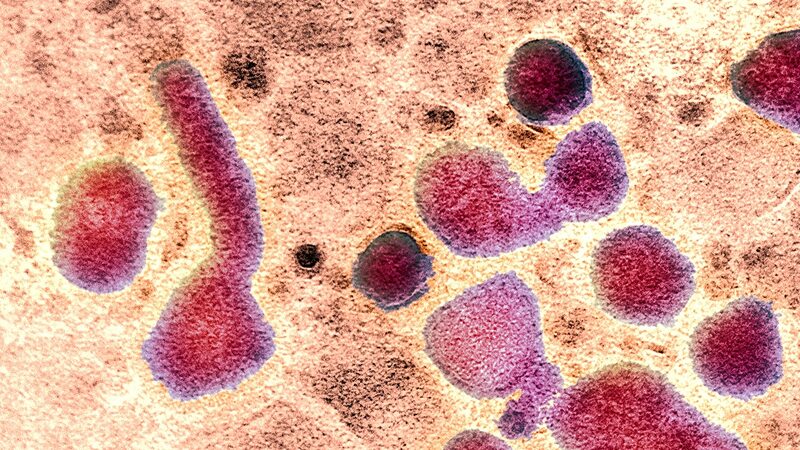Spanish scientists Antonio Alcamí and Begoña Aguado have raised alarms about the spread of the H5N1 bird flu virus in Antarctica, a continent once considered a remote safe haven from global health crises. During a recent expedition, they observed a 'massive outbreak' among skua seabirds on Beak Island, signaling a dangerous escalation of the virus that has already devastated bird populations worldwide. 🐧
Known for its high fatality rate, H5N1 has killed hundreds of millions of birds globally. Experts fear Antarctica's fragile ecosystem—home to penguins, seals, and other wildlife—could face irreversible damage if the outbreak isn't contained. The virus's arrival in such an isolated region underscores its relentless spread, likely fueled by migratory birds or human activity.
🔬 Scientists are urging international cooperation to monitor and mitigate the outbreak. 'Antarctica isn't just ice and penguins—it's a critical part of Earth's climate system,' said Aguado. With no native immunity among Antarctic species, the stakes couldn't be higher.
Stay tuned for updates as researchers race to protect one of the planet's last untouched frontiers. 🌍💡
Reference(s):
Scientists warn of H5N1 bird flu virus spreading across Antarctica
cgtn.com



